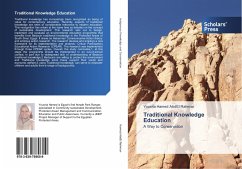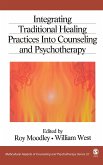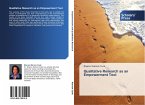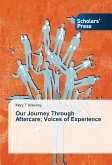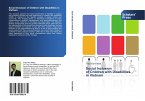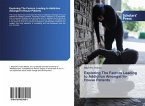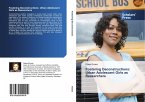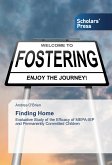Traditional knowledge has increasingly been recognized as being of value for contemporary education. Recently, aspects of traditional knowledge are seen of considerable relevance to modern education. This recognition has arisen at the same time as debates on the concept of sustainable development. This research sets out to design, implement and evaluate an environmental education programme that benefits from Bedouin traditional knowledge in the Protected Areas of South Sinai, Egypt. It draws on Habermas' Communicative Action theory and employs action research. The research devises and employs a new framework for its implementation and analysis: Critical Participatory Educational Action Research (CPEAR). The research was implemented through three CPEAR cycles. Overall, the study concludes,1, at this stage the programme should be implemented in an out-of-school context, in part due to widespread lack of understanding of Bedouin traditional knowledge;2 Bedouins are willing to protect the environment and Traditional knowledge since these support their social and economic welfare;3 using Traditional knowledge, can serve to empower children and adults from a range of backgrounds.
Bitte wählen Sie Ihr Anliegen aus.
Rechnungen
Retourenschein anfordern
Bestellstatus
Storno

